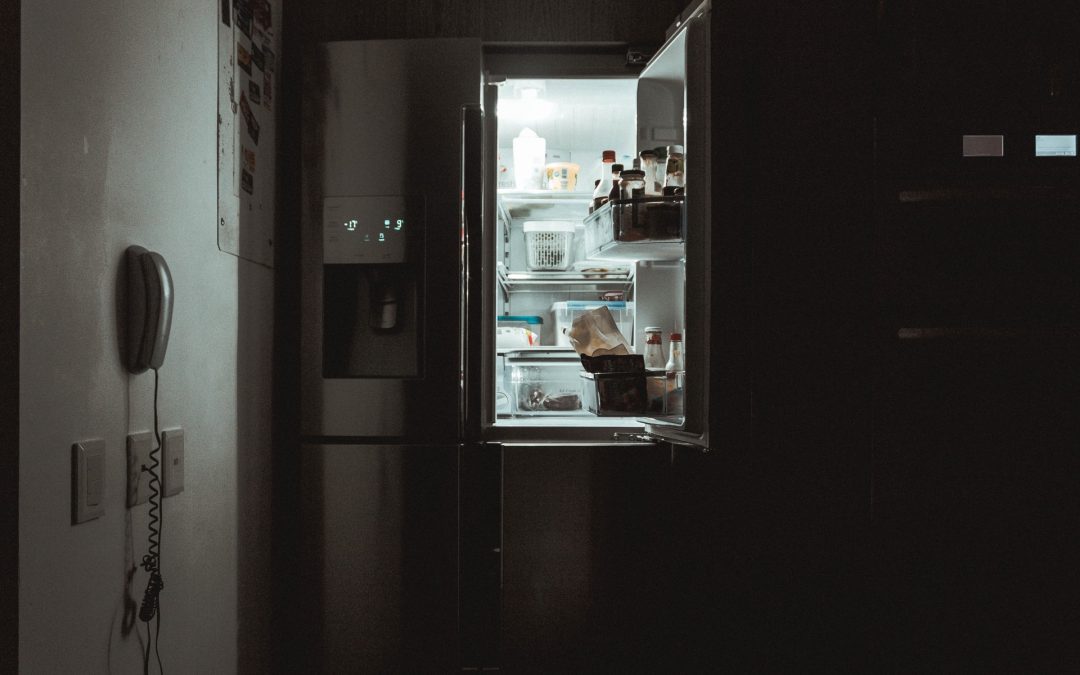Can a Tenant Take Appliances From a Fayetteville, NC Rental Property?
Here’s the situation.
The tenant doesn’t like the look of the refrigerator in the kitchen. In fact, they think it’s downright ugly.
As the landlord, you aren’t emotionally attached to it.
While the refrigerator has served it’s purpose over many years, you are more than happy to get it replaced.
You agree that the tenant can change it, and the tenant sends you a picture of a nice looking stainless steel refrigerator.
Complete with all the bells and whistles.
Jumping with joy, you instantly approve the tenants choice, and the tenant has it delivered and installed.
You even tell the tenant you will pay for the old one to be hauled off to the dump.
After all, you are getting a sweet new fridge.
Twelve months later, the lease is over, the tenant vacates the property, and the fridge is gone.
You sue, have your day in court. . . . .and you lose.
What went wrong?
What Property Belongs to the Tenant Upon Move Out?
In North Carolina, and most states, whether or not a tenant can take property is determined by if the property is a fixture, or if it is personal property.
Simply put, a fixture is personal property which is attached in a manner which makes it an irremovable part of the property.
Think of a fixture as being attached in a such a manner that if you attempted to remove it, it would cause great damage to the property.
A fixture is so affixed to the real property, that they are inseparable like conjoined twins (although doctors are able to separate twins, let’s just ignore that fact for now).
Personal property, on the other hand, is property that is easily removed from the home, without causing great damage.
The ease of removal doesn’t mean, however, that the tenant needs to be able to carry it away. Ease of removal refers to the damage aspect mentioned above.
If it doesn’t cause a large amount of damage to remove, then it will generally be considered personal property.
Ok, So What Property Belongs to the Tenant After Move Out?
Personal property always belongs to the tenant after the tenant moves out. The tenant has the legal right to take the personal property with them when they go.
The personal property is for the use and enjoyment of the tenant, and the landlord does not have a superior right of possession.
In the scenario mentioned above, the tenant owned the refrigerator, as the refrigerator is considered personal property under North Carolina real estate law.
The same holds true for some other things including washers and dryers, deep freezers, moveable plants, etc.
Remember, the key test is if it is a fixture, and can it be removed.
But There is Another Factor to Consider!
The other important factor is the intent and understanding of the landlord and tenant. Intent will almost certainly win every time.
At the base level, intent will be established by your lease agreement with the tenant. Just like everything else, the lease is usually controlling
Your lease should identify, with specificity, what articles on the property belong to the landlord for the tenant’s use and enjoyment during the period of the tenancy.
Second, your lease agreement should also address things like repairs or the installing of fixtures, and to whom those items belong.
Even though we said the default legal position is that the fixtures belong to the landlord, and personal property belongs to the tenant, you want to be clear to avoid any misunderstanding.
As a landlord, you always want anything you approve to become your property, so we would suggest you include this in your lease agreement.
But What if the Lease Doesn’t Mention This Situation?
If the lease is silent on it currently, which it probably is, you need to do an addendum to the lease before you approve of tenant replacements.
In the above example, the landlord should have provide the tenant with notice that they would approve replacement of the refrigerator, if the tenant conveyed the refrigerator to the landlord upon termination of the lease agreement.
By adding this addendum to the lease agreement, the landlord now, without question, becomes the owner of the refrigerator after the tenant vacates the property.
In the example above, because the tenant and landlord only entered into an agreement that the tenant could dispose of the old refrigerator, and purchase a new one, the tenant owns the property and can take it with them when they leave.
The landlord is out of luck, and now must buy the shiny new fridge prior to renting the property out to future tenants.
We Are Here to Help.
Landlord-Tenant Law can be a pain in the rear for property owners and investors, but it doesn’t have to be. Make sure you stay up to date on all of the real estate laws to protect yourself and your property investment.
If you have any questions, don’t hesitate to reach out to use for help. As the only property management company in Fayetteville, NC owned by a retired military lawyer, we are in the best position to help you navigate these issues.
Also, don’t forget to sign up for our Landlord Newsletter below, to stay up to date on the latest and greatest tips to make you a successful property owner and investor.
The Team at Linchpin Property Management
_____________________________________________
P.S. We love to network. Send us a message, give us a call ,or stop on by if you are in the Fayetteville area.
The coffee is on us.
____________________________________________
Connect with us on social media:
The Pain in The Butt Disclaimer:
As always, information on this website is not intended to constitute legal advice, or the retention of our property management services, and is for general information purposes only.
Read our full disclaimer here: Legal Disclaimer
